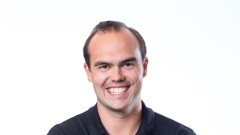We asked our VC panelists six questions. The fourth: How has Covid impacted, if it has, the way you measure success or ROI of a company you invest in?
VC Roundtable: Has COVID-19 changed how insurtechs should measure success?
January 21, 2021 12:10 PM






